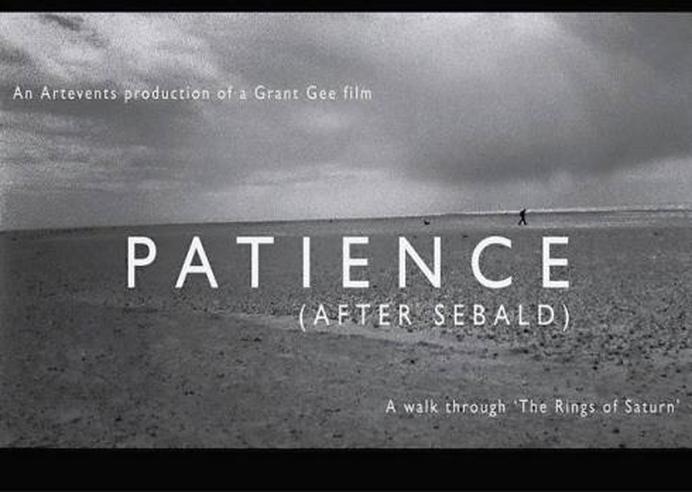
- Rings of Saturn is “irradiated by melancholy.” Adam Phillips
- Silk—motif threaded through Rings of Saturn.
- Is Rings of Saturn like a cross between Woolf’s The Waves and Tarkovsky’s Stalker? Katie Mitchell
- "He's a biographer who walks his subjects back into life or maybe he walks forwards after them into death—it's never quite clear." Robert McFarlane
- Sebald deals with dust, ash, spume, cloud, vapour—substances that have been reduced down and down until they are in a state between being and nothingness... Robert McFarlane
- “The walker’s approach to nature is a phenomenological one.” WG Sebald
- "In the traditional of the 'melancolic', it is as though these people feel an inexplicable sense of loss. The feeling is somehow that there is some catastrophe that can't be located and that one is living in the aftermath of that catastrophe." Adam Phillips
- UK tradition of walking is one of recovery; US tradition is one of discovery. Robert McFarlane
- "East is the direction of lost causes." WG Sebald
- Mazes as cross-sections of a brain.
- Quincunx—5-point pattern repeated throughout Rings of Saturn is found everywhere in nature—a cabbalistic, pre-modern way of seeing pattern in the world. Uncanny connections.
- "The section in Nabokov's Transparent Things about how, when you concentrate on a material object, the very act of attention may lead to our involuntary sinking into its surface. Nabokov uses the beautiful phrase 'the dream life of debris'. This happens again and again in Sebald's work—what begins as a particular object that is seen in all its specificity slowly becomes and kind of quicksand that sucks the gaze of the viewer and the footfall of the walker down into it and we find ourselves at Bergen-Belsen or in the Congo." Robert McFarlane
- “Coincidence is like dreams—if you talk about them, they become dead. The only thing you can do with dreams is transmute them, which is exactly what Sebald does." Tacita Dean
- "Poetic cul-de-sacs." Tacita Dean
- "I assume that Sebald must have known Freud's essay on the Uncanny. Freud says something simple in the essay which is that, when we have what we think of as an 'uncanny' experience, it actually is a recovery of an experience that was once familiar and then had to be estranged in some way, so that if I go somewhere and have a déjà vu, or I feel something 'uncanny' is happening to me, it's because unknown to myself, I'm having a memory of an earlier experience that was probably pleasurable but that I had to in some way disown. The most 'uncanny' place is one's home, as in it appears to be the most familiar place but actually it's the most unfamiliar place." Adam Phillips
- “Undertow of despair."
